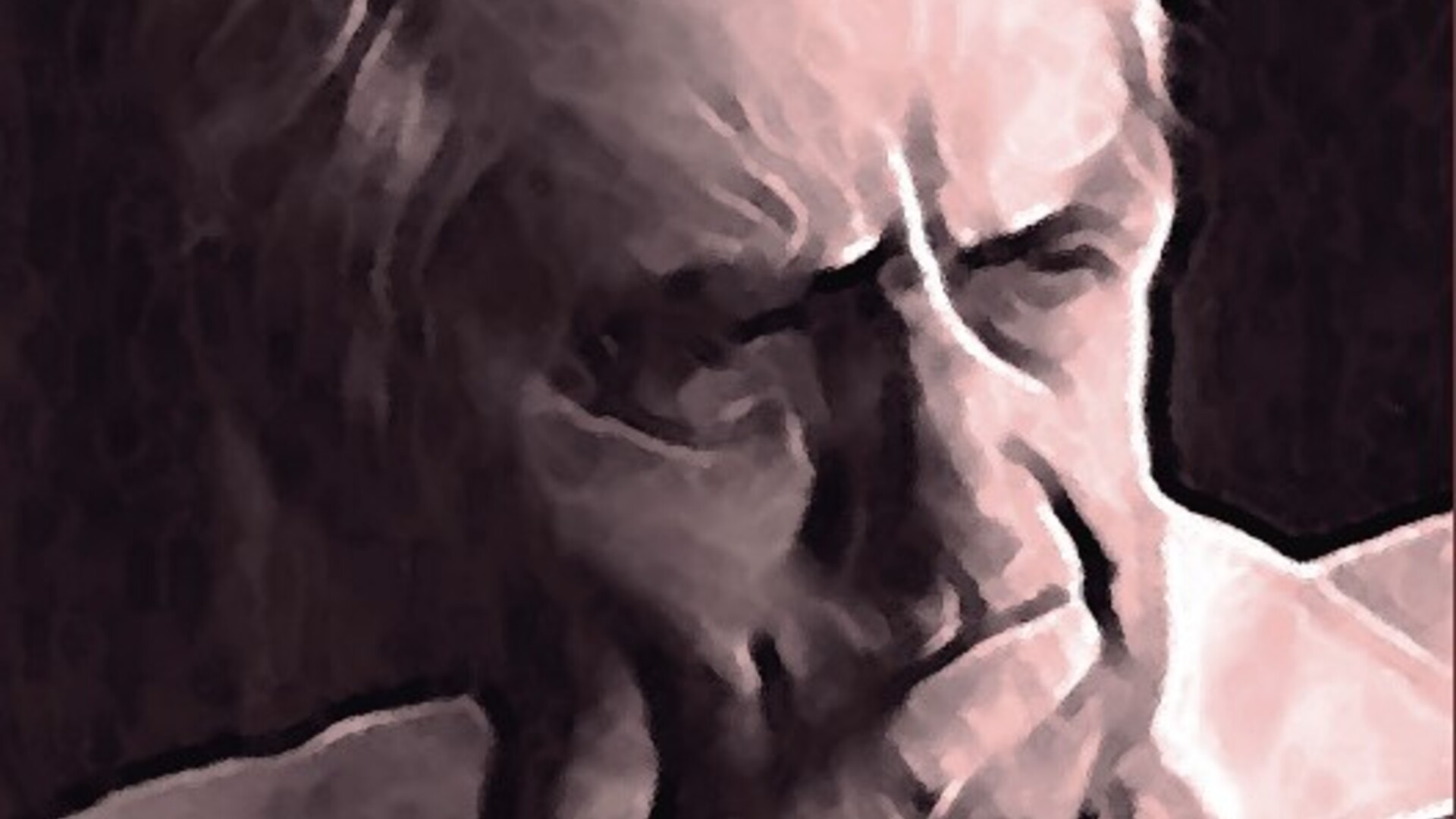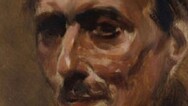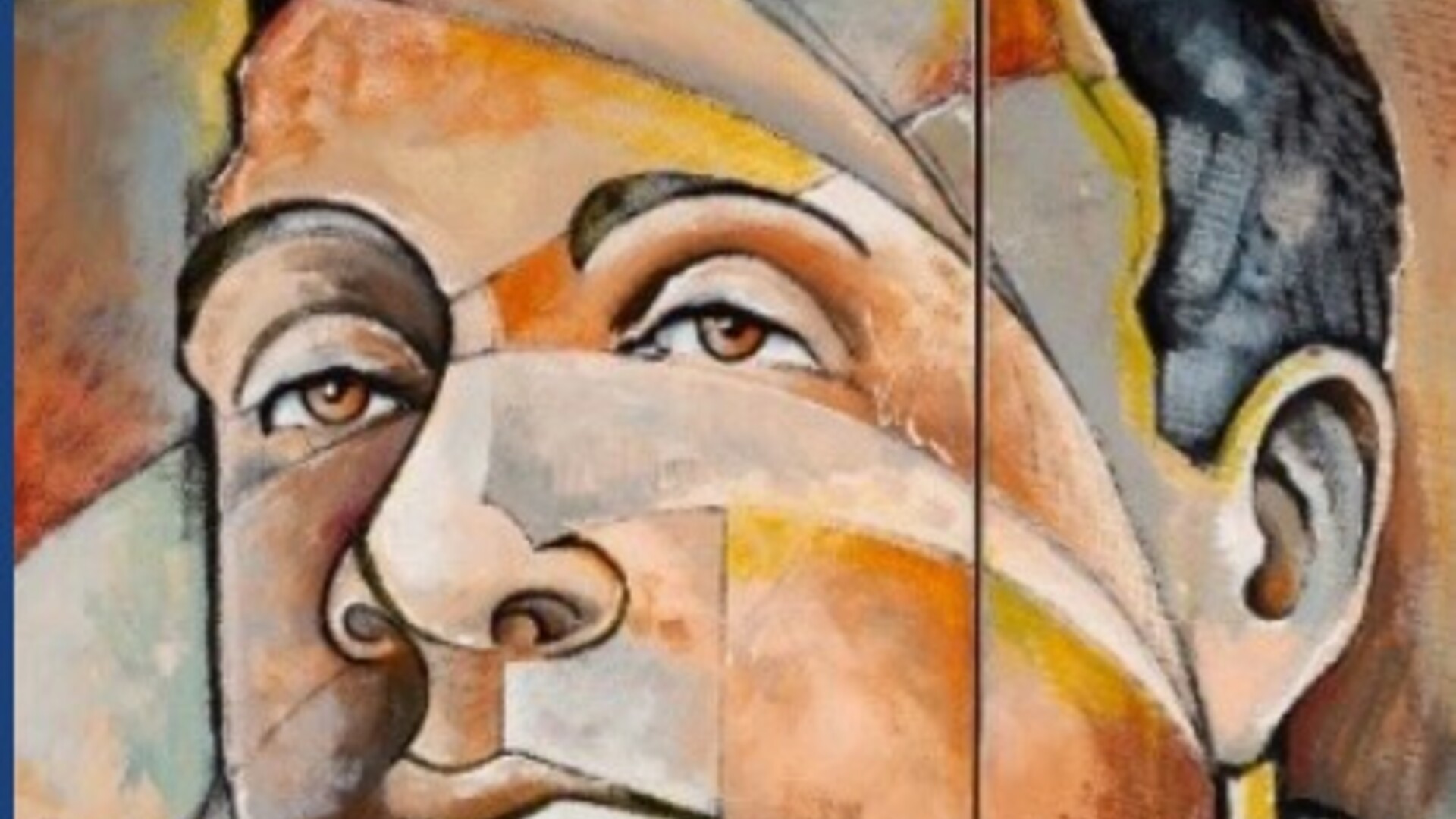An itinerary to "territorialize a deterritorialized thought", where everyone is invited to discover the places that belong to Eduardo Lourenço's memories and experiences in Guarda, the city where he studied and where he founded the Centre for Iberian Studies.
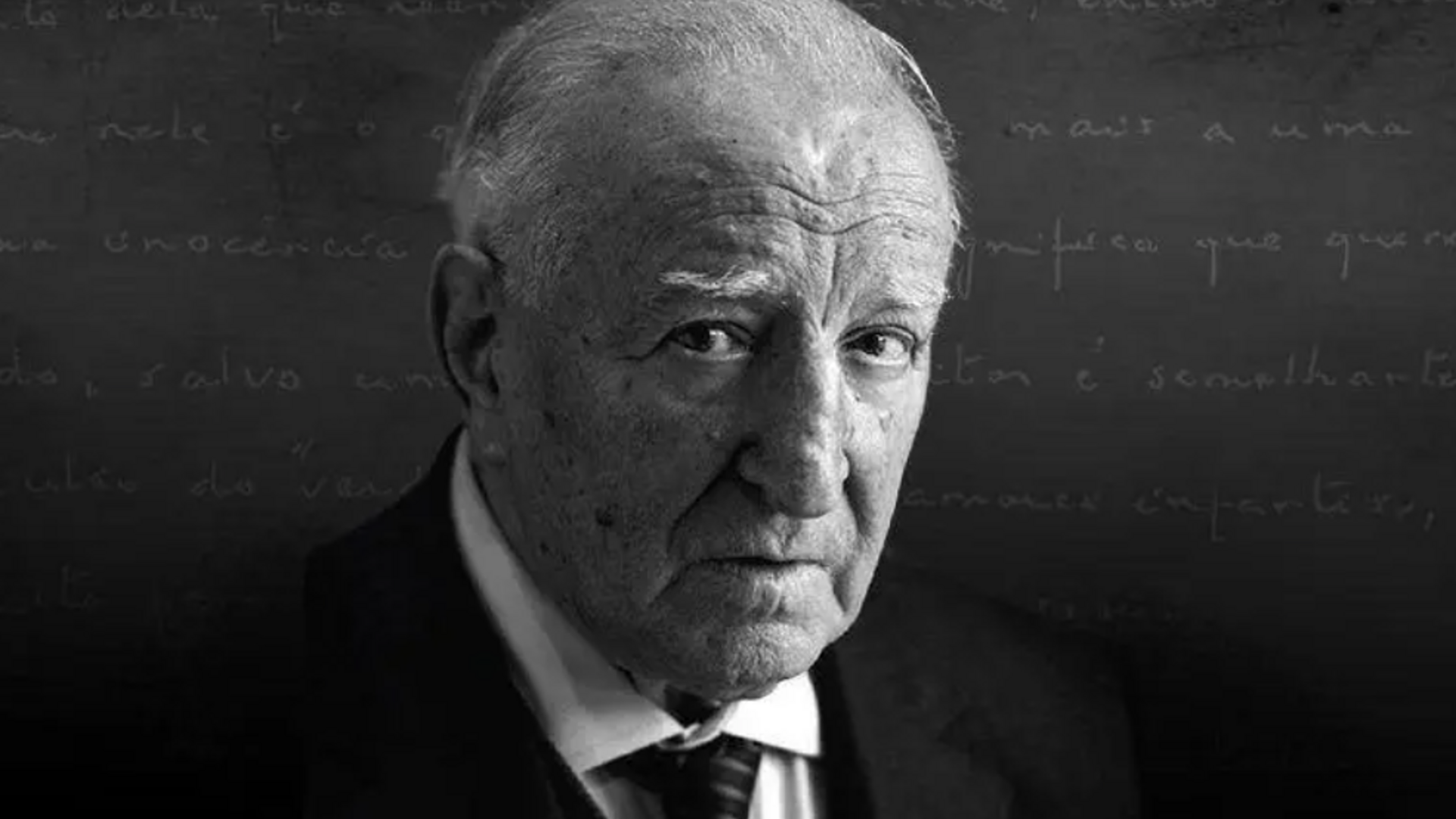
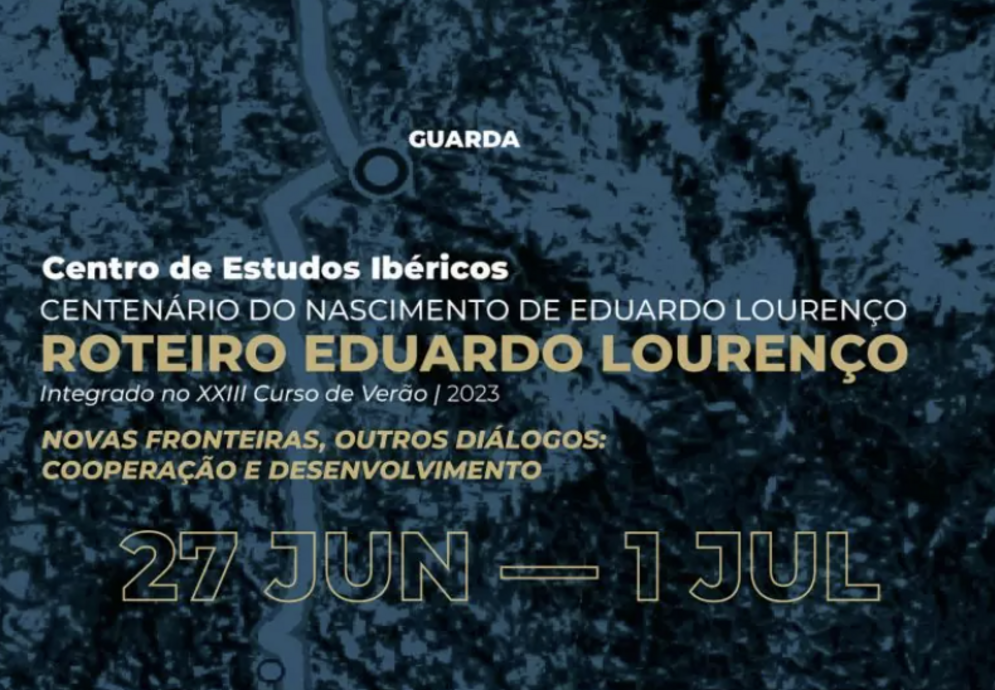
Eduardo Lourenço (1923-2021) is one of the most prestigious European thinkers and one of the most emblematic figures of the Portuguese 20th century. He was a professor, essayist, writer and a relentless thinker about Portugal, its identity and fate.The celebration of the centenary of Eduardo Lourenço's birth (2023) was marked by multiple initiatives in several locations: São Pedro de Rio Seco, Almeida, Guarda, Coimbra and Lisbon. Through the challenge of creating an Institute of Iberian Civilization in Guarda in 1999, which would unite the two oldest universities on the Iberian Peninsula (Coimbra and Salamanca), Eduardo Lourenço symbolically returned to his city as Honorary Director of the Centro de Estudos Ibéricos (Centre for Iberian Studies) and as patron of the Eduardo Lourenço Municipal Library, inaugurated in 2008, which holds part of his literary collection. In 2004, this Center established the Eduardo Lourenço Award, in honor of its mentor, patron and Honorary Director, to recognize prominent personalities or institutions involved in Iberian culture, citizenship and cooperation.Discover the essential places to go on this literary itinerary of Guarda:1. Cathedral; 2. Liceu Nacional, former Liceu Afonso de Albuquerque and now Escola de Santa Clara (1933-34)(Secondary School); 3. Rua do Encontro (street - where Eduardo Lourenço's family lived); 4. Farmácia da Misericórdia (pharmacy) ; 5. Colyseu da Beira, the concert hall in Rua Vasco da Gama (1911-1944); 6. Câmara Municipal da Guarda (Guarda City Hall); 7. Hotel de Turismo (Hotel); 8. Bairro do Bonfim (Bonfim neighborhood); 9. Jardim José de Lemos (Garden); 10. Convento de São Francisco / Quartel / Batalhão de Caçadores 7 (Convent / Headquarters / Hunter's Battalion 7); 11. Rua Batalha Reis (street); 12. Sanatório (Sanatorium); 13. Biblioteca Municipal Eduardo Lourenço (City Library) ; 14. CEI - Center for Iberian Studies; 15. Capela do Mileu (Chapel); 16. Rotunda do G (G Roundabout - homage to Eduardo Lourenço).
Visit Facebook
